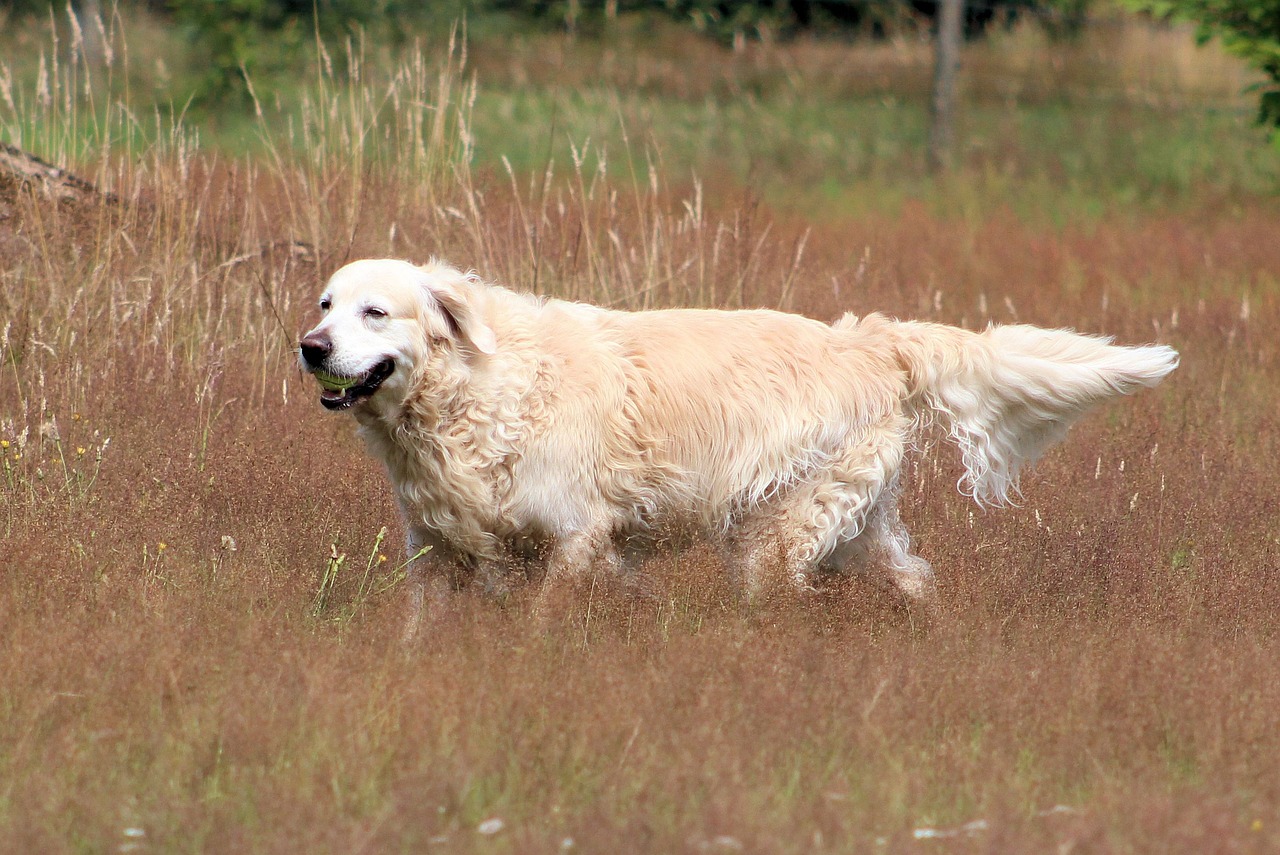When it comes to safeguarding our furry friends from external parasites, Bravecto has often been a go-to choice for many dog owners. However, like humans, dogs can have individual sensitivities and reactions. The question “Can dogs be allergic to Bravecto?” has been circulating in the pet care community, and we’re here to shed some light on it.
Understanding Bravecto
Bravecto has risen as a prevalent choice for many pet owners. But to understand the potential for allergies, it’s crucial first to grasp what Bravecto is and how it operates.
What is Bravecto?
Bravecto is a chewable tablet or topical solution for dogs to protect them against fleas and ticks. Designed to provide long-lasting protection, it can keep pests at bay for up to 12 weeks.
How does Bravecto work?
Once administered, Bravecto releases its active ingredient, fluralaner, into the dog’s bloodstream. When fleas or ticks bite, they ingest the poison, which targets their nervous system, leading to their eventual death.
Can dogs be allergic to Bravecto?
It’s the heart of our discussion, and rightly so. Every pet owner wants to ensure they’re making the best choices for their dog’s health and well-being.
Recognizing allergic reactions
Dogs might exhibit signs of discomfort like itching, redness, or swelling after taking Bravecto. These reactions, although rare, can indicate an allergy. It’s essential to monitor your pet and consult a vet if any unusual symptoms appear.
Why some dogs might be sensitive
Just as people can be allergic to strawberries or peanuts, dogs can be sensitive to certain medicines. Factors like a dog’s genetics, health history, or even age can play a role in how they respond to treatments like Bravecto.
Safety Precautions
Being proactive is always the best approach when introducing new treatments or medications to your pet’s routine.
Before giving Bravecto
Always consult with a veterinarian before administering any medication. They can provide guidance based on your dog’s specific needs and medical history.
Monitoring your dog after Bravecto administration
After giving your dog Bravecto, observe them for any changes in behavior or physical symptoms. Quick action can prevent complications if an allergic reaction occurs.
Alternative Treatments
If you’re apprehensive about using Bravecto due to potential allergic reactions, there are alternative treatments available.
Other flea and tick prevention methods
There’s a myriad of products available, from collars to sprays and even other oral medications. Research and consult with your vet to find the best fit for your pet.
Natural remedies
Some pet owners swear by natural methods like essential oils or diatomaceous earth. While these can be effective, always ensure they’re safe for canine use.
First-Hand Experiences
Real-life experiences can provide invaluable insights into understanding potential allergic reactions to Bravecto.
Stories from dog owners
Many pet owners have shared their positive experiences with Bravecto, while a few have voiced concerns about possible side effects. It’s crucial to remember that each dog is unique, and what works for one might not work for another.
Vet’s perspective on Bravecto allergies
Most veterinarians agree that allergic reactions to Bravecto are rare. However, they emphasize the importance of being aware and taking necessary precautions.
Addressing Concerns
With so much information available, it can be challenging to separate fact from fiction.
Myths and misconceptions
Not every itch or scratch after taking Bravecto means an allergy. It’s essential to understand the difference between myths and actual side effects.
Getting professional advice
Always turn to professionals when in doubt. Veterinarians have the knowledge and experience to guide pet owners through their concerns about Bravecto.
FAQs
How long does it take to see if my dog is allergic to Bravecto?
Typically, allergic reactions will manifest within hours to a few days after administration. Always monitor your dog closely during this time.
What should I do if I suspect an allergic reaction?
Seek veterinary advice immediately. They’ll provide guidance on managing the reaction and potential alternative treatments.
Are there breeds more prone to Bravecto allergies?
There’s no conclusive evidence that specific breeds are more susceptible. However, individual dogs, regardless of breed, might be sensitive.
Can I switch to another flea and tick treatment if I suspect an allergy?
Yes, but always consult your veterinarian before making any changes to your pet’s regimen.
Is Bravecto safe for puppies?
Bravecto is safe for puppies aged six months or older and weighing at least 4.4 pounds.
Can Bravecto be given alongside other medications?
In most cases, yes. However, always disclose all medications your dog is on to your veterinarian.
Conclusion
Addressing the concerns around “Can dogs be allergic to Bravecto?” requires understanding, awareness, and professional advice. While rare, it’s crucial to be informed and take all necessary precautions. Your pet’s health and well-being are paramount, and as responsible pet owners, we must always strive to make the best choices for them.


